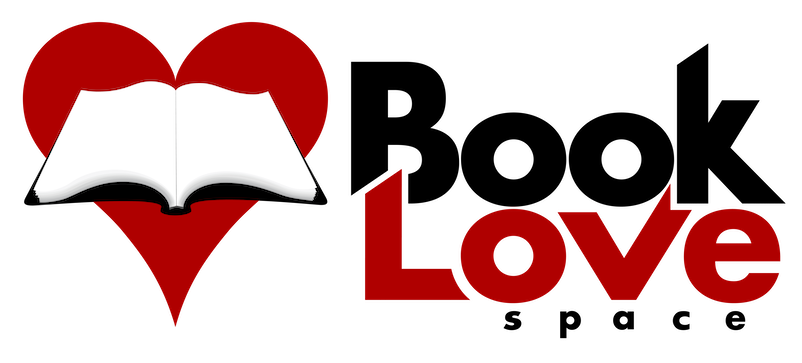Four recommended books for all fiction writers
At base, I’m wary of books purported to contain the “secret” to writing well—especially when it comes to fiction. Color me jaded from my years in screenwriting, when Syd Field’s Screenplay was often touted as the write-by-numbers solution to creating a blockbuster. What I learned from years of study and practice is that there’s a lot more to writing a great screenplay beyond a structure recipe.
That’s not to say reading Syd Field is a waste of time. Everyone learns writing differently, and his books might click for you. There’s a reason his books have been bestsellers.
The same goes for fiction. There are piles and piles of books and websites covering things to do—often couched as “rules”—to write The Great Novel. Many are quite interesting. I’ve read only a fraction of them cover-to-cover. Of the many I haven’t read, I’m sure some are absolutely fabulous. In good faith, I can only talk about the books I have read. Here, I highlight four books that, in my view, offer fiction authors helpful ways they can make own writing better on their own terms.
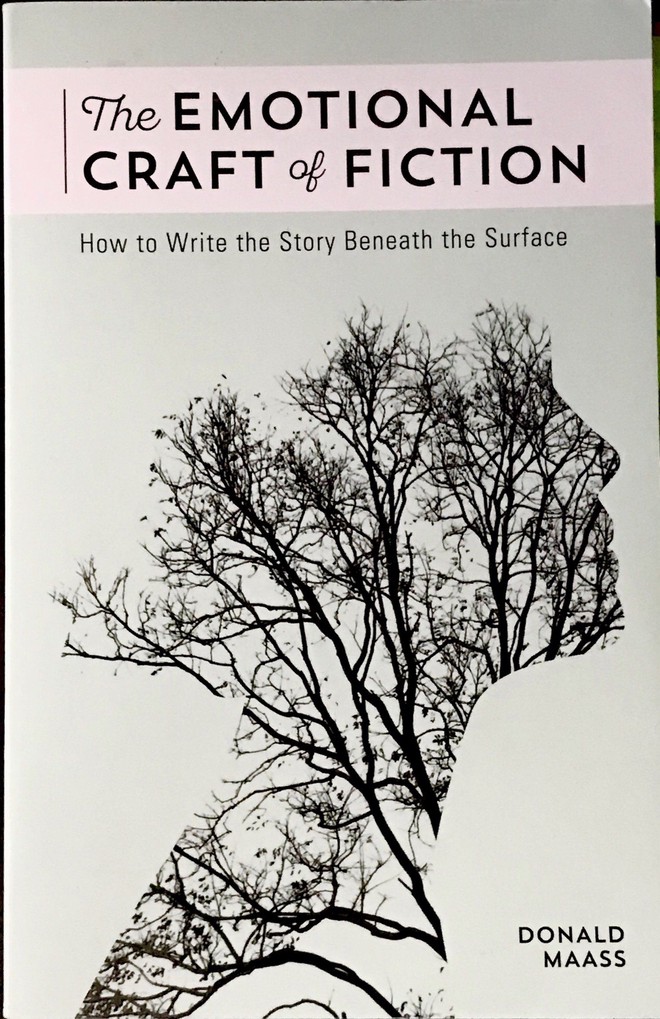
The Emotional Craft of Fiction, by Donald Maass #
This book focuses on not on grammar, plot points, inciting incidents, etc. but on creating an emotional experience for the reader.
In this book, Maass, who has written many touted books on writing, including Writing the Breakout Novel (which I have not yet read), drills into subtext—what’s between the words in the text–and what not to say at all, what to leave for the reader to fill in.
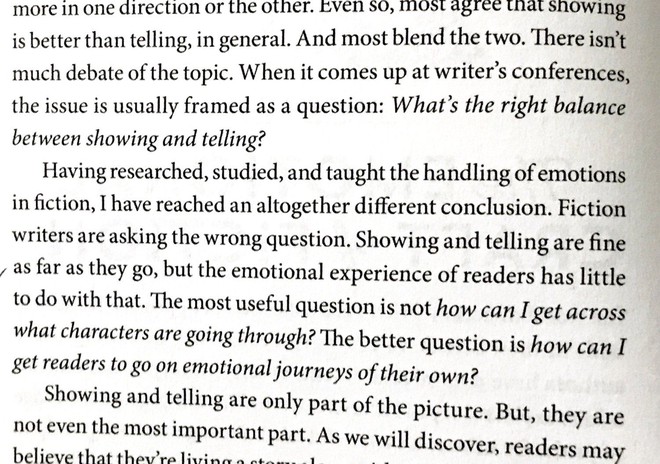
He analyzes many examples in print, newer novels as well as classics.
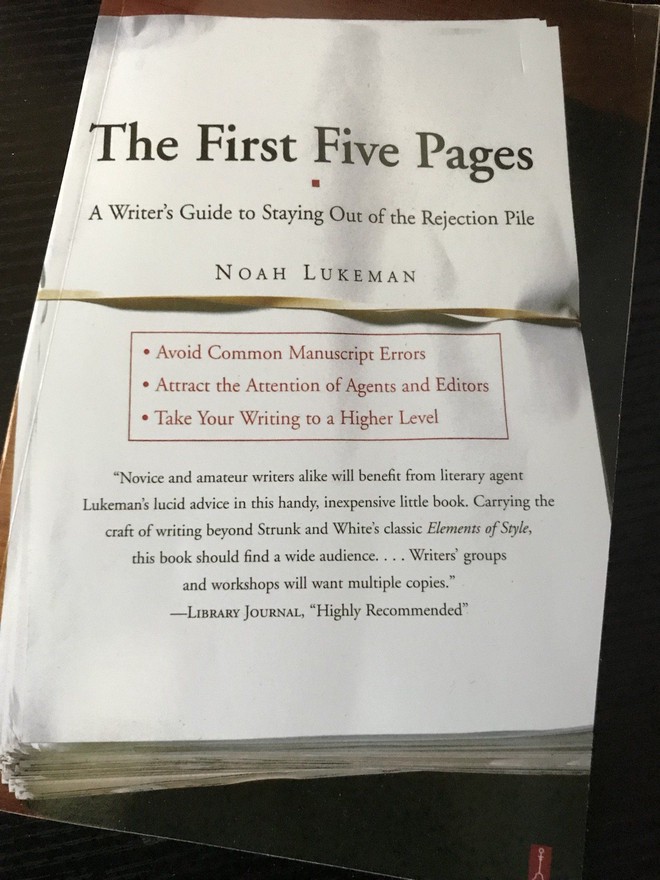
The First Five Pages, by Noah Lukeman #
Everyone—readers, editors, agents—tends to judge whether they like a book within its first five pages. That’s human nature.
Lukeman doesn’t try to tell you how to write a compelling book. Instead, he focuses on what not to do—or at least, not to do without knowing the potential traps and pitfalls. He notes that writers all over the world tend to do the exact same things wrong. This book provides a rundown.
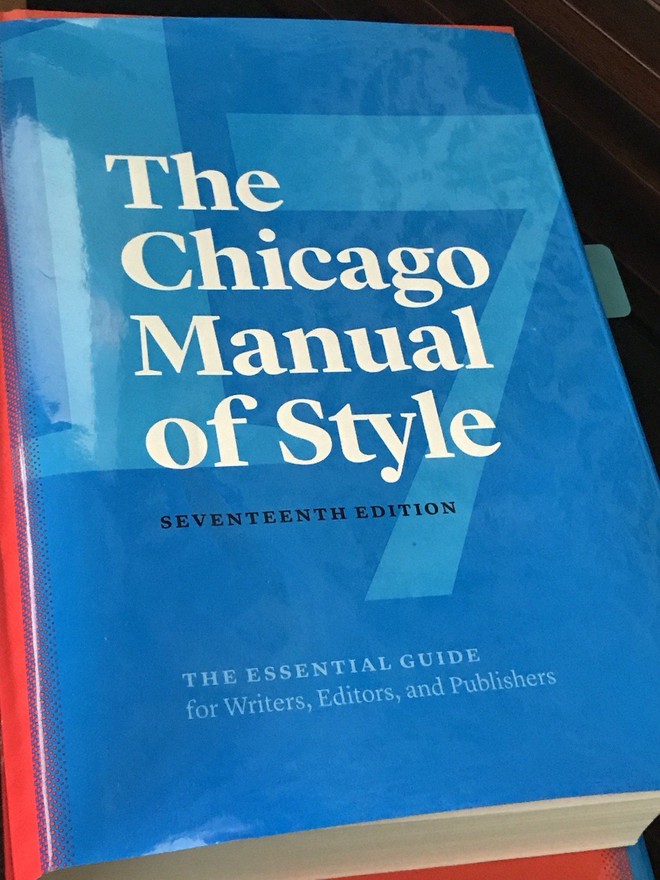
The Chicago Manual of Style #
Amazon | Bookstores | University of Chicago Press
If you’ve been avoiding this tome because it’s so big and intimidating, it’s time to let go of that Fear, Uncertainty, and Doubt and embrace what very well could become your favorite writing resource. The book is readable, not at all pedantic, explains the why of things, provides ample examples, and seems to cover just about everything.
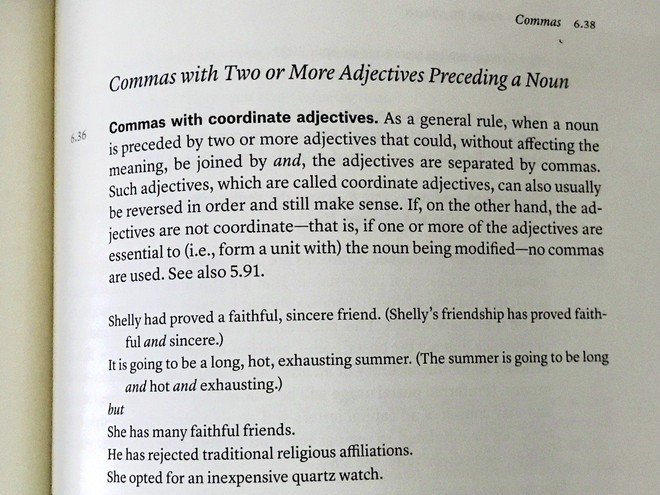
The key word to remember here is style. While grammar rules are covered, most of what’s in here is a discussion of stylistic choices in specific circumstances. The index is very thorough. I have a couple dozen pages flagged with stickies, I refer to them so many times.
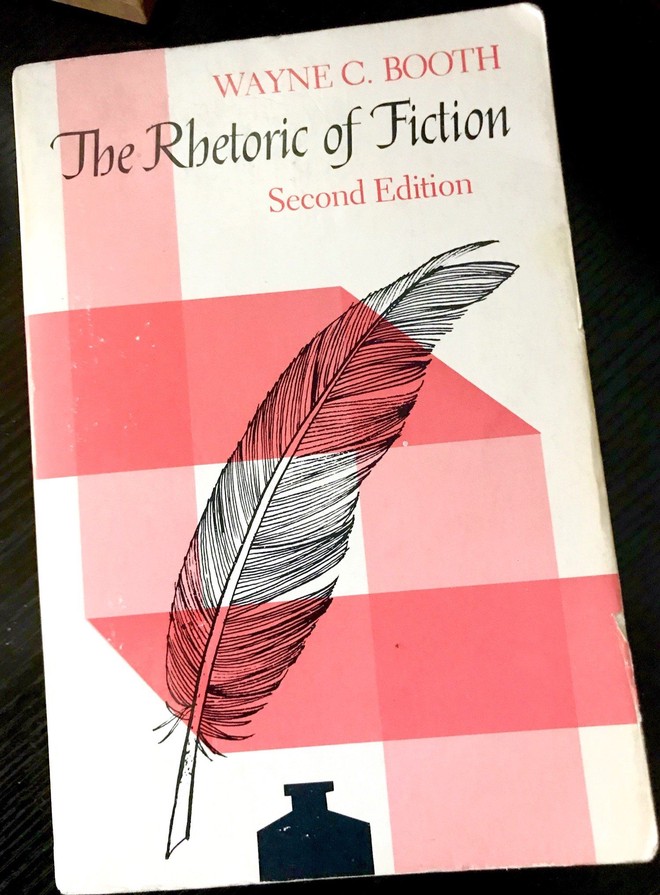
The Rhetoric of Fiction, by Wayne C Booth #
Amazon | Bookstores | University of Chicago Press
This book is, in my mind, the essential book for authors with an academic interest in literary theory. Using examples from many classics, Booth breaks down fiction into its key components. At root, he points out, all the reader has is the text. The only author present is the author implied by the text—who quite likely could be quite unlike the actual author, who wrote that text long ago, far away. Why does the text grab us? What is the narrator doing? Who is the narrator, anyway? Booth explores all of this.
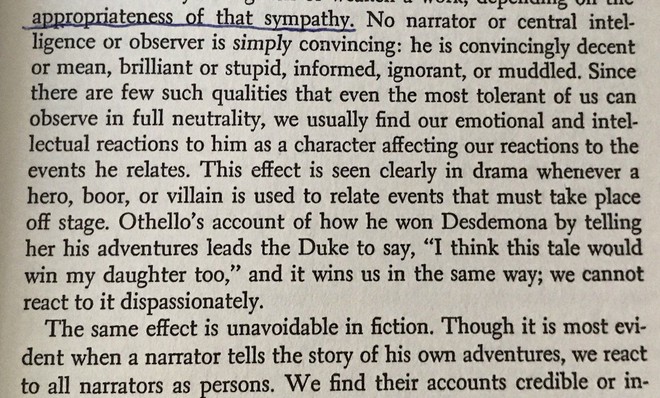
I was taking creative writing workshops when I first studied this book in college. This was the first literary theory book that clicked with me. Professor Booth definitely helped me write better.
Book x #
What about you? Tell me what books have you found most helpful to your writing.
